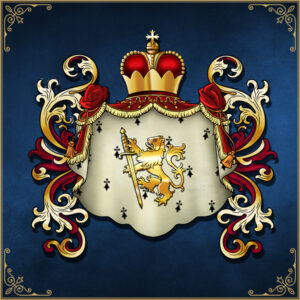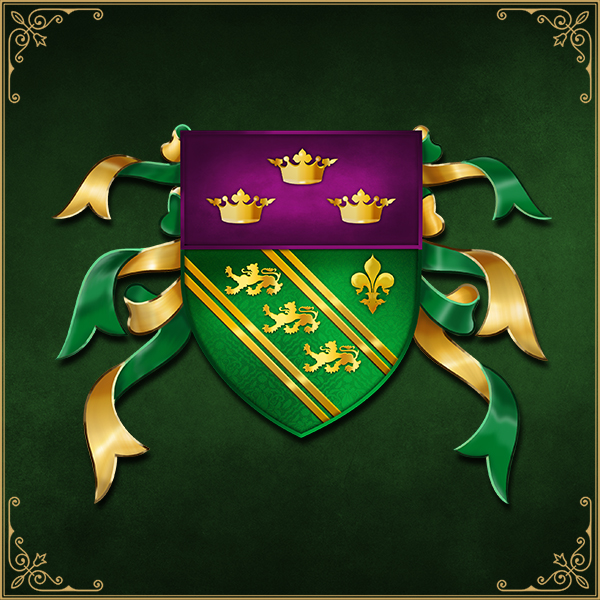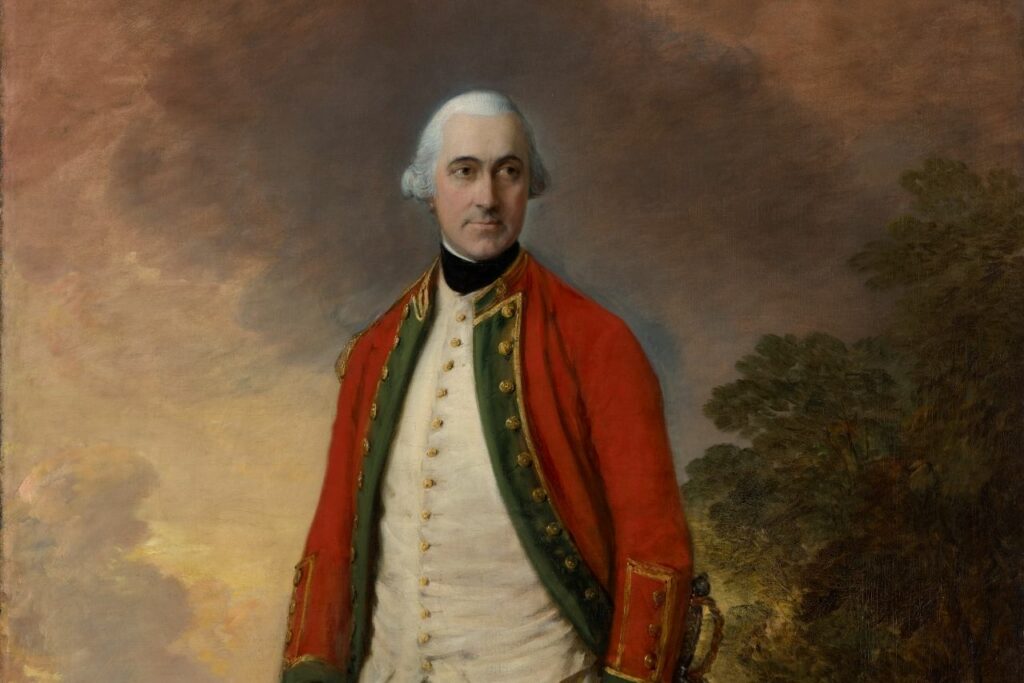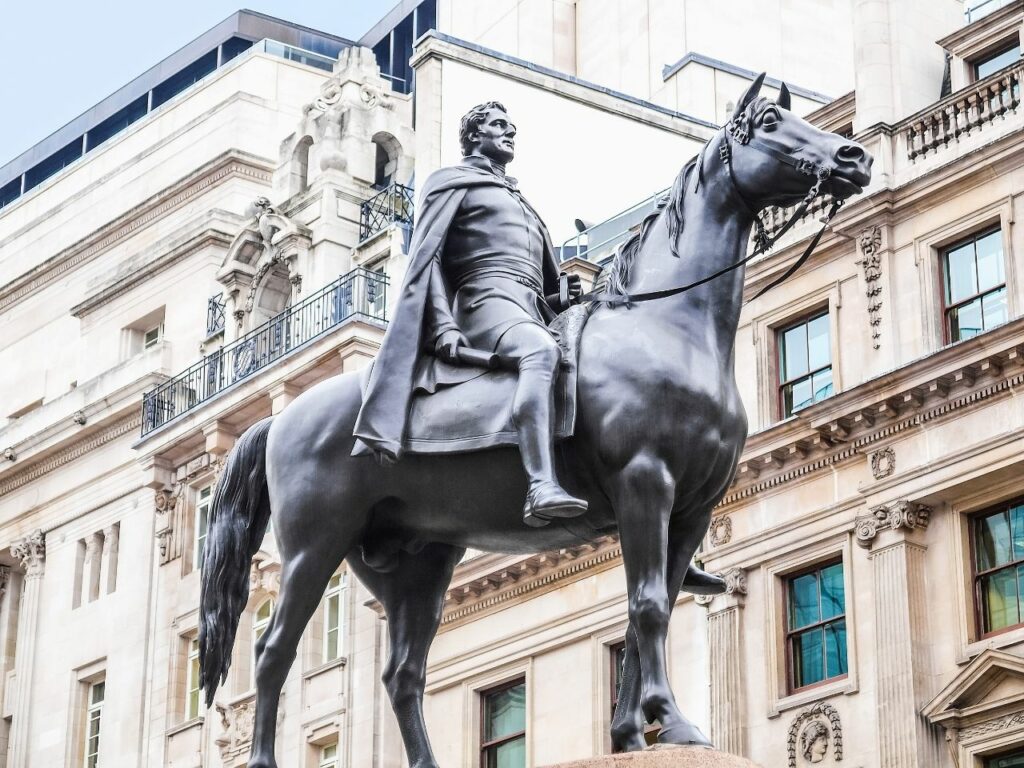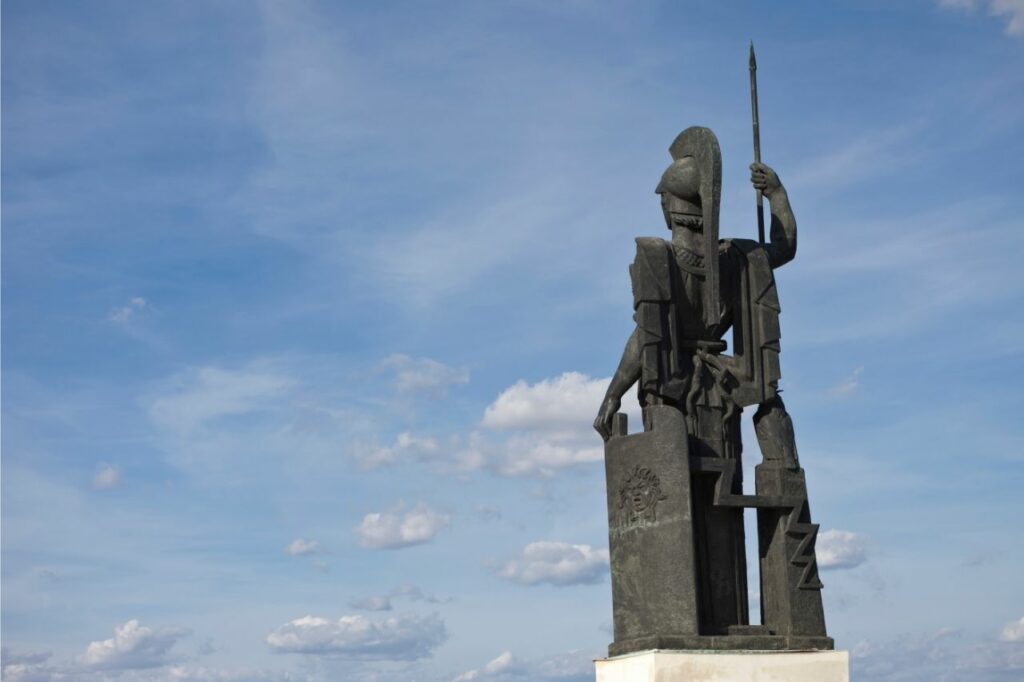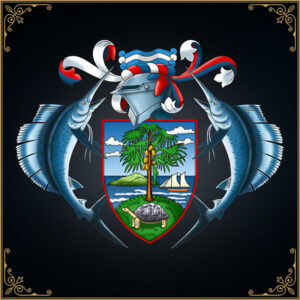People who are interested in buying a title of nobility often want to learn more about the history of nobility. The eventful history of the nobility already goes back several centuries. There is often a lack of clarity regarding the historical significance and the development over the years. Before you decide on a noble title of your choice and get appointment certificate and Co. delivered to your home, the following explanations will help you to learn more about the noblemen and noblewomen.
History of the nobility
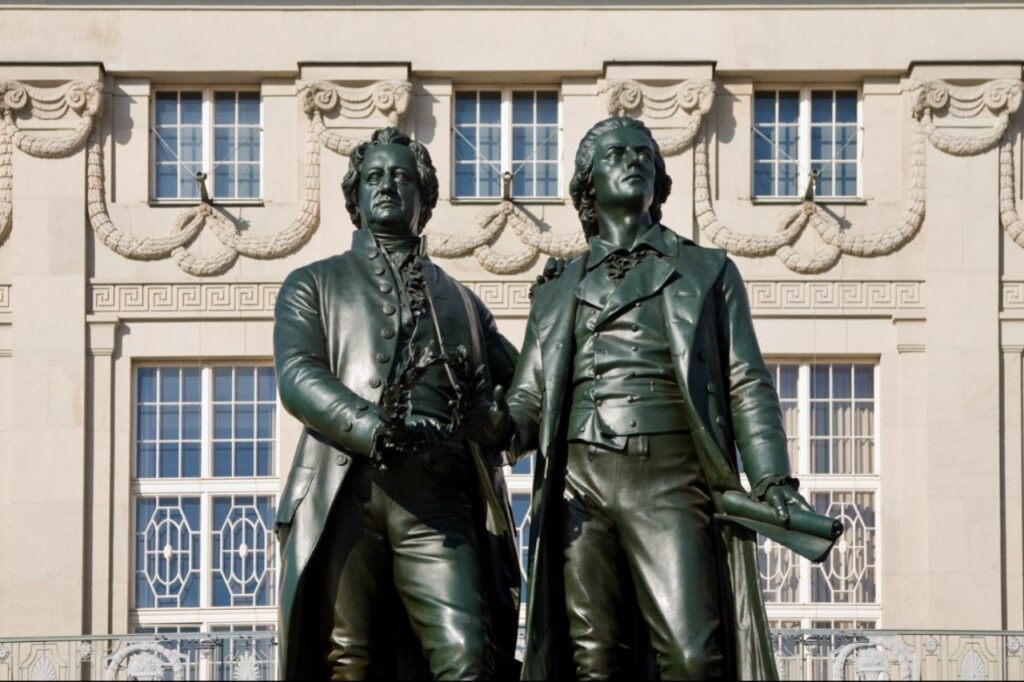
The origin of the nobility and the development over the years
People who are interested in buying a title of nobility often want to learn more about the history of nobility. The eventful history of the nobility already goes back several centuries. There is often a lack of clarity regarding the historical significance and the development over the years. Before you decide on a noble title of your choice and get appointment certificate and Co. delivered to your home, the following explanations will help you to learn more about the noblemen and noblewomen.
The historical significance of the nobility

Nobility and the various titles of nobility are a significant part of human history. For the noble status granted to both men and women already existed in the first advanced civilizations. The social phenomenon survived the passage of time far from cultural backgrounds. Nobility existed in ancient Egypt, the Chinese Empire, the Japanese Dynasty, Mesopotamia, the Roman Empire and many other ruling dynasties. However, there are definitely sources that suggest that nobility did not play a role in every advanced civilization. The Roman author Tacitus, for example, writes in his works about the previously prevailing equality of all people and explicitly points out that the hereditary acquisition of nobility only became commonplace in the course of time.
Since there are not always sufficient literary sources and many literary works are only incomplete, sometimes simply only conjecture helps when it comes to the historical significance of the nobility. However, historical findings such as the so-called princely tombs show that even many centuries and even millennia back there were already people with a higher position in society. Without evidence of an existing noble title, it is probably certain that social structures of rule have not been characterized by equality since time immemorial. Almost every society and culture developed its own hierarchical system. Even if not in all, in many societies, and dynasties the nobility played a significant role - that seems certain today.
The concept of nobility is nevertheless a heterogeneous designation of the higher class. The definition of the nobility and the affiliation to the same always depend on the time, history and the region. A generally valid distinction of the estates does not exist. Often the nobility is not perceived as a uniform group, but rather as a social concept that changed over the years.
Basically, however, there is agreement that nobility is of great importance in human history. Nobility is an elevated social position that is usually hereditary. This means that the position of people is inherited. The descendants of a noble family also become nobles - the same applies to adopted children or married women and men. The scope of responsibility varies among the nobility. From military dignities such as knighthood to political responsibility with the official nobility, numerous gradations are conceivable. In particular, the landed property of the nobility distinguishes it from poorer social classes, who rarely had landed property because the noble family had control over it.
Belonging to the nobility and its duties
The variety of tasks of noblemen and noblewomen varied throughout history. However, the elevated position of power was always accompanied by an elevated level of responsibility. The noble children were prepared for their later tasks at an early age. Education was a kind of training to maintain nobility as an exalted class with the highest virtues. In Europe over time, the nobility stood for Christian values, the ideal of chivalry, and enlightened absolutism, among other things.
In most cases, membership of the nobility was hereditary by descent. However, in exceptional cases, virtuous persons without rank could also be elevated to the nobility. This power was often not vested solely in the emperor, so that kings and princes could also elevate non-nobles to the nobility. The monarch held his claim to power by the grace of God. He passed on a fraction of this claim to power and legitimized the high responsibility of the nobility.
The nobility in literature and research
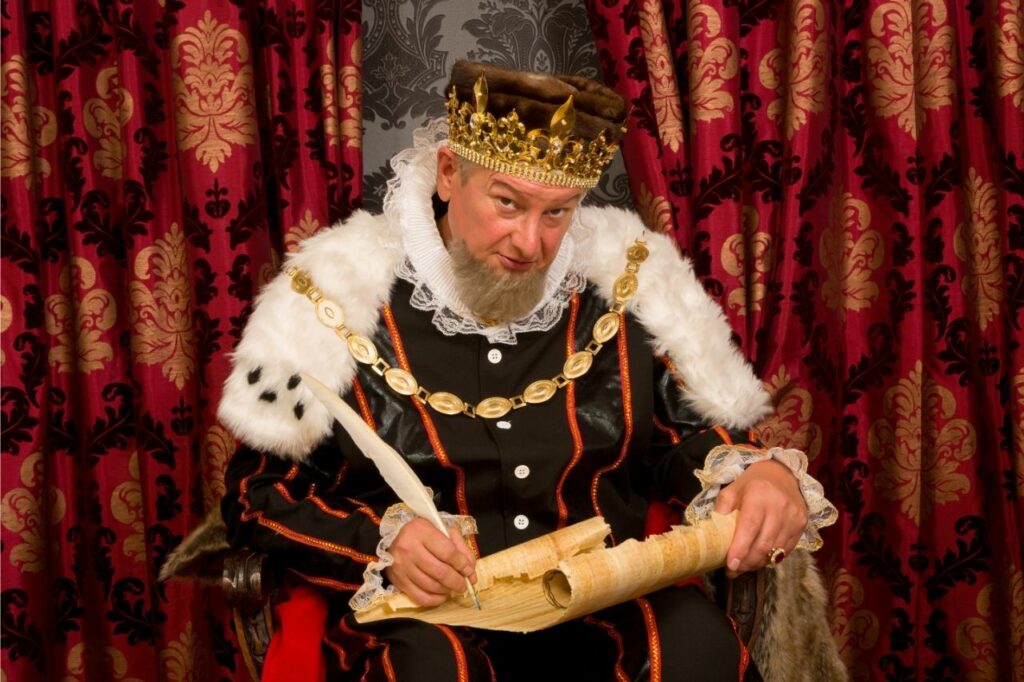
The titles of nobility are primarily a European phenomenon. Numerous historians and researchers have taken it upon themselves to find out more about the nobility. Despite all efforts, the origin of the titles of nobility is not fully explained. The interpretation of the medieval sources is done quite differently by the scholars. First and foremost, there are discussions regarding the question of when the nobility actually came into being. Since some theses are often represented, much speaks for giving them higher importance regarding the origin of the nobility.
Marc Bloch made an important contribution to historical research. In his book "The Feudal Society" he points out that already in the early Middle Ages there was a nobility which owned a certain amount of land. The Robertines in particular owned extensive landholdings. A career at the royal court or service in the church was often accompanied by positions of power, which also manifested itself in the area of land ownership. The influence of these families increased over the years. Positions of power emerged, entire family dynasties were given enormous political responsibility and at the same time ownership over vast lands. The influence of these families changed abruptly during political changes. However, the influence did not simply disappear; rather, another family stepped into that position.
Between the years 800 and 1000 was a time of fighting in Europe. The Norsemen and Vikings invaded Central Europe. Numerous families and men put up a determined fight. Those who defended themselves particularly strongly and successfully with the sword and defended their own realm could count on more influence. The enormous achievement of defense led to the acquisition of the title of nobility. Often these families were previously unfree or had no pronounced position of power. However, the honorable commitment to their own homeland led to the emergence of the so-called sword nobility - a milestone on the way to the comprehensive noble title. On the one hand, the sword nobility consisted of the old elites and the families with newly acquired noble title.
The feudal system in this period meant the emergence of extensive dependencies within an empire. The strictly hierarchical system required different gradations of power. The titles of nobility were the best way to move up the pyramid.
The early Middle Ages and the nobility

In the early Middle Ages, mainly tribal associations ruled the Germania of that time. A nobility according to today's understanding did not exist at that time. This only changed with the transition from the Merovingian Empire to the Carolingian Empire. With the reign of the Salians and Saxons, structures were created to enable a better exercise of their own power. The establishment of ministerials, who exercised power as administrative officials, was a milestone on the way to a noble state. The administrative officials came from the circles of knights and other social climbers.
The feudal society and the strictly hierarchical system encouraged the development of the title of nobility, which was passed on in many families. There was no remuneration for activities in the form of money - in most societies, people were given land to provide for their own needs. The feudal system was a formative development of the early Middle Ages.
In the thirteenth century, more and more people already had a title of nobility. At that time, other noble titles could also be acquired by those who did not come from families that had always had an elevated position of power. Also unfree people got through military honours or services in the administration to a noble title. In the middle of the 13th century, moreover, the social class saw itself as nobility. The self-image of the nobility was shaped by ideals and chivalric virtues. Those who held a title of nobility in the early Middle Ages were associated with chivalry, noble virtues, power, and land. Origin no longer played a role in the Middle Ages. The previous affiliation to free, powerful or certain social groups was a thing of the past. From then on, people belonged to the original nobility regardless of their personal history. But when did the title of nobility acquire the social significance that we attribute to it today in retrospect?
One of the important historical sources is the so-called Sachsenspiegel (Saxon Mirror), which was one of the important sources for education in the thirteenth century. In the Sachsenspiegel there is only one mention of the word "nobility". In the Heidelberg illuminated manuscript, which existed as a supplement to the Sachsenspiegel, the separation of estates and classes already played an important role. At the time of publication, the separation of classes was apparently already socially established. However, in retrospect, it can be seen that the nobility was given a different role over the centuries.
The noble family in the High Middle Ages
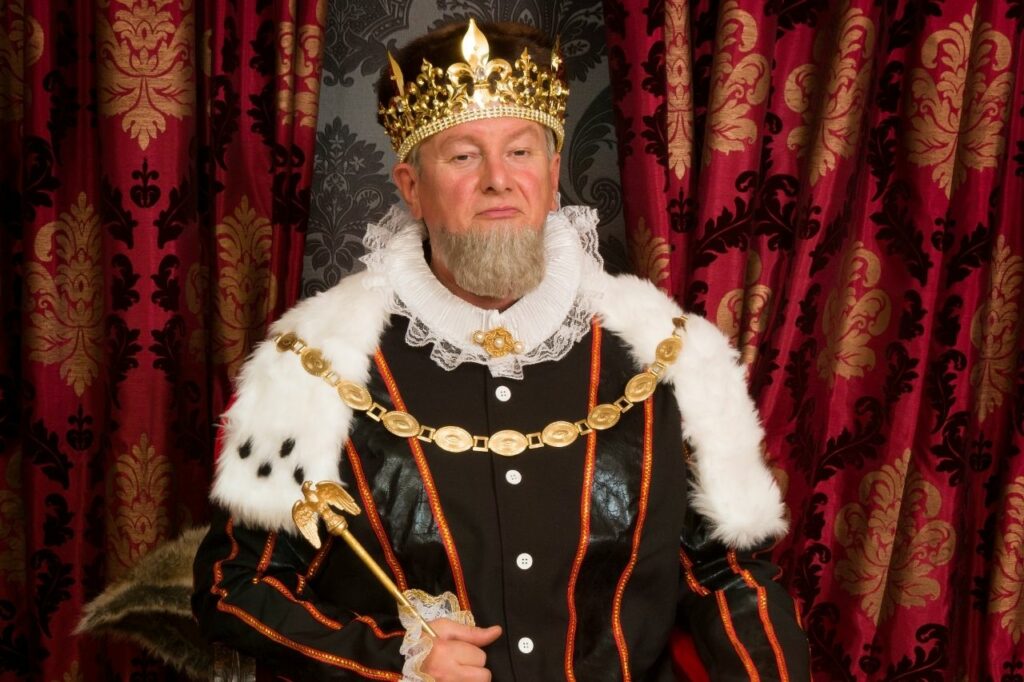
In the High Middle Ages, more and more ministerials were appointed by the rulers. Kings and dukes had their property administered. The functionaries were responsible for numerous everyday concerns. A distinctive system with numerous positions of power and different tasks developed in the High Middle Ages. Since individuals could also work their way up in the system, families with a title of nobility sometimes gained considerable influence. In the High Middle Ages, noble families took over the administration of justice in their region and administered estates. However, there were also losers. Other families lost power and in turn subordinated themselves to other nobles.
Movement took place in the power system. Successful ministerials were able to expand their power permanently. Land ownership increased and, as an expression of the noble family, a high nobility emerged that corresponded to the social elite. In the 14th century, this development was largely completed. Conflicts ensured that the nobility gained more and more power and remained independent. The formation of states took place in Germany and Italy as a kind of patchwork. In various duchies and counties, other noble families were in charge and politically responsible. In contrast, the nation-state had already developed in France and England in the High Middle Ages. In Germany and Italy, the noble families retained their influence for the time being - the nation-state of Germany was still a long time coming.
The peak and decline of the nobility

The peak and heyday of the European nobility are the High Middle Ages. At no time did the noblemen and noblewomen hold more social responsibility and power. The social importance was also due to the education of the noblemen. The noblemen and noblewomen could speak and write the language. Economic development and the acquisition of wealth by merchant families were also accompanied by a shift in power to the detriment of the nobility. It was not until the eighteenth century that the heyday of the nobility ended. Social developments and democratic aspirations caused the loss of power - but the high reputation hardly changed until today.
So if you have a title of nobility, you can still earn admiring glances and stroll through the streets of your city as a nobleman or noblewoman.

